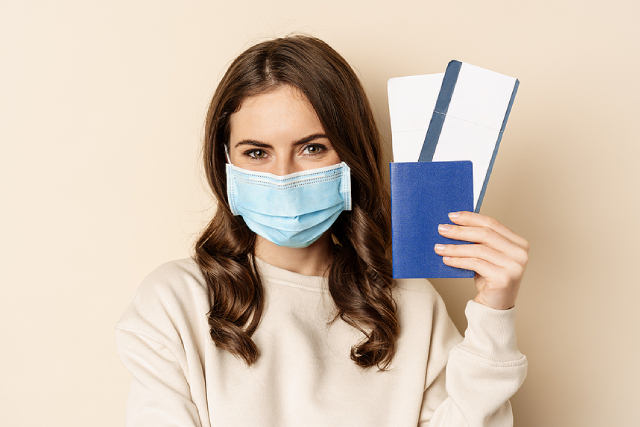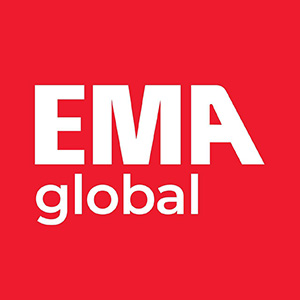
Medical emergencies happen all the time – at home, work or even travelling. The possibility of a medical emergency should not prevent you from travelling. Before packing your bags, you should start preparing for an emergency, no matter how small or unlikely it may seem. It would benefit you greatly if you had a few backup plans to handle any sickness or injury when travelling.
Researching the best tourist spots, popular cafes, and off-the-beaten-track locations is always fun, but be sure that you already have a contingency plan for the medical emergencies that could potentially ruin your vacation.
Here are some of the simplest ways to prepare for a possible travel medical emergency.
1. Always bring your ID, cash and international credit card
Another item that we recommend you have at all times is your phone. Not just for taking pictures or browsing social media, it should also contain various photos or documents of health-related information as it is convenient to have during an emergency.
Make sure you have these essential things on you; it does not matter if you are going for a quick walk or a short trip. Make sure to have photos of medications, medical insurance or any other medical information about you or your members saved on your phone that will help in a medical emergency.
2. Bring over-the-counter medications
Stomach medications, pain relievers, allergy, and anti-itch medications are the most common drugs you should have on-hand. These do not take up a lot of space in your bag and are very convenient in a minor medical emergency. At times when you need them, and you do not have them readily available, it can be challenging and costlier to find them at your travel destination.
In the event that you forget or run out of your medications, it also helps if you familiarise with the generic names of common over-the-counter medications.
3. Know how to convey medical emergencies in the language of your destination country
Learning a new language is definitely tricky. However, learning how to convey that you have a food or medicine allergy or need medical help in the language of your destination country can be life-saving. If it is impossible to remember how to say it, write it down or save it on your phone.
4. Check if the credit card you are using offers travel insurance
If possible, request a limit increase prior to departing for your trip. This could be very helpful when paying for emergency medical expenses.
5. Know which hospital to visit
Accidents, strokes, heart and allergy attacks can happen to anyone at any time, even during your travels. Before your trip, research which hospitals in the areas you visit are compatible with your health insurance.
If you do not know how to do that, we at EMA Global provide medical assistance all over Asia and the world. We can assist with medical evacuations, second opinions, referrals, hospital bed booking, and emergency and routine medical advice, among others.
6. Stay up-to-date with your vaccinations
If you injure yourself, the medical staff might ask whether you have had a tetanus shot or not. If you travel to countries where specific diseases are not typically found in Singapore, you may be asked about vaccinations for those too.
7. Wash your hands regularly
The simplest way to prevent a medical emergency is proper handwashing. You do not know how many infections and illnesses have been prevented by just washing your hands properly. Good handwashing is your ally, especially during the Covid-19 season.
Conclusions
As they say, prevention is always better than cure. With good preparation, you can decrease the risk of a medical emergency when travelling, and you will be adequately prepared should something come up.
For the utmost protection, you can rely on EMA Global to assist you whenever and wherever you are. As one of the few companies offering services for air ambulance in Singapore and throughout Asia, our medical transport and repatriation efforts are world-class and operate 24/7. Reach out to us +65 6570-2552 or assistance@emaglobal.com.sg to find out more.

